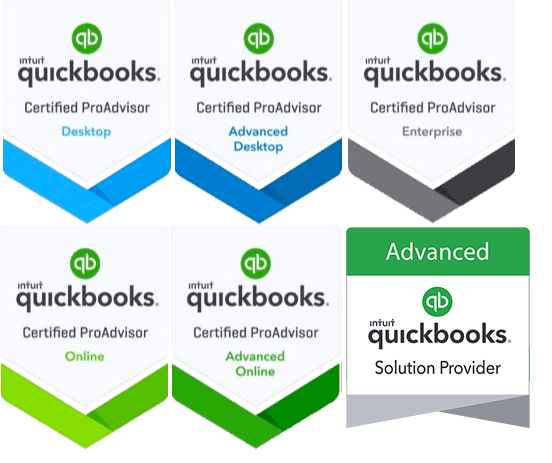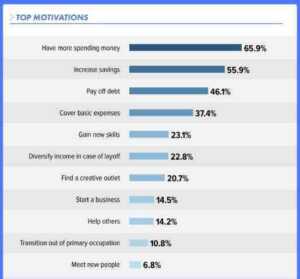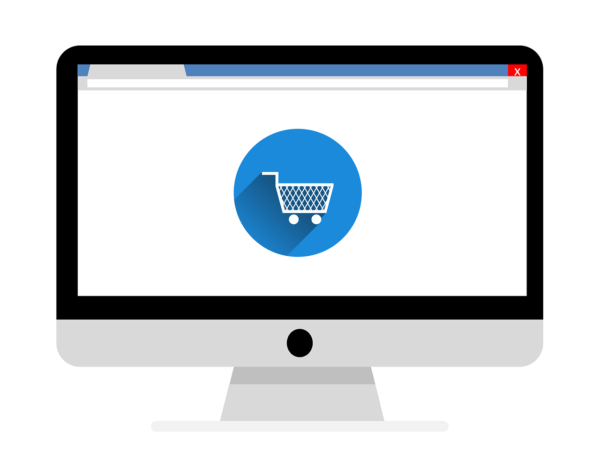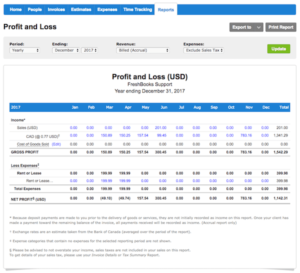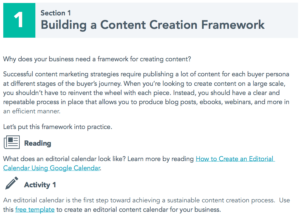Today I share other practical tips so that your business can grant credits and do collection work efficiently that guarantees the greatest amount of benefits and is reflected in your income.
Recognize the Phases of the Collection Process
- The payment reminder
- The payment requirement
- Capital recovery
For each phase, a different method is applied to require payment and the difference essentially consists in the form and severity with which you will apply the charge. It is not the same to remind your client that their payment is close to having to firmly require a late payment for several weeks or months.
Establish Clear Conditions
So that the recovery of your capital be effective it is very important that from the beginning you clearly establish with your client the number of payments you can offer, as well as the dates for them. To do this, you must use a very simple form that you can prepare on a half letter page where you at least record:
- customer name, date, product, price, number of payments, amount of payments and date to make them. As well as the data to locate you: phone (s), email and address.
All of this is recommended even when they are a known or trusted person.
This simple ballot will support you in the event of any future misunderstandings with dates or amounts. Remember that memory betrays us all so no one should refuse something formal if you are granting them a credit.
Manage a Margin of Risk
Whenever you give credit there will be risk. Whether due to late payments or the extremes in which someone may not pay you (partially or fully), there is always a minimum of risk. For this, it is convenient to consider a margin of protection that helps you to recover your capital or offset any losses that may arise. Everyone does it and it is a known technique to compensate for the difficulties of extending credit.
For example, if you sell watches for $ 100 pesos. Then you can give them in 2 payments of $ 60 pesos. Or in 3 payments of $ 50 pesos.
Use External Credit Providers
You do not have to have the full capacity to grant credits or assume all the risks. Remember that there are entities whose business is just giving credits and they are experts in the entire recovery process. This is ideal for larger purchases or for more expensive items.
To do this, you can partner with a bank or financial institution that allows you to offer your product on credit through them. Of course, it is a formal credit which has benefits for your client and for you. The work consists of collecting a series of documents and information from the client so that they can do an investigation, analysis and grant a greater amount of money and a longer term.
The main advantage is that the financial institution pays you directly and in cash for your product (after discounting a minimum commission) but you completely free yourself from the risk that debt implies.
Another very effective and usual alternative is the acceptance of credit cards as a means of payment. This is a very convenient, easy and fast means to implement in your business which will not only open the doors to a huge segment of customers who use it but will significantly increase your income. The risk is absorbed by the card issuer in exchange for a commission that regularly rounds 5%. If you want to know how to accept credit cards in your company, click here.
Request Assistance from Collection Companies
If necessary, you can help with companies specialized in managing delinquent portfolios to request support in the recovery of your credits. This of course for credits that have been formally granted. They advise you and take care of the recovery in exchange for a commission that, of course, in these circumstances no one would like to have to pay. But a commission will always be better than not getting your capital back.
Above all, remember that control is important to know who owes you, when to pay and how much. There are ideal software systems to make this function more efficient, but a spreadsheet may be sufficient.
“As important as buying or selling, is learning how to collect.”
Other topics for Small business:




